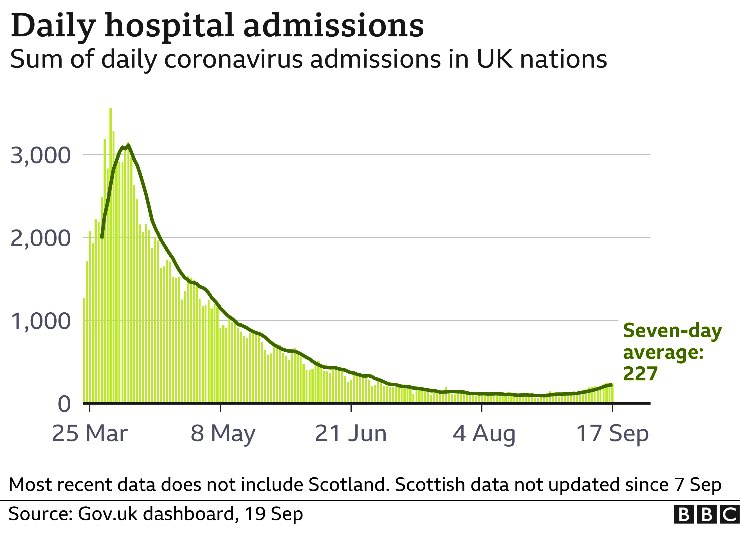@escardio #QualityIndicators for the care & outcomes of adults with #AFib by @arbelo_e @SulAktaa @Rhythmisit @ABollmannMD @GerdHindricks et al in collaboration with @HRSonline, @APHRSOfficial, @LAHRSonline1 #ESCCongress academic.oup.com/europace/advan…
‘This document defines 6 domains of #AFib care (patient assessment, anticoagulation, rate control, rhythm control, risk factor management, & outcomes), & provides 17 main & 17 secondary QIs for the diagnosis & management of #AF.’
‘It is anticipated that implementation of these #QualityIndicators will improve the quality of #AFib care.’
• • •
Missing some Tweet in this thread? You can try to
force a refresh





